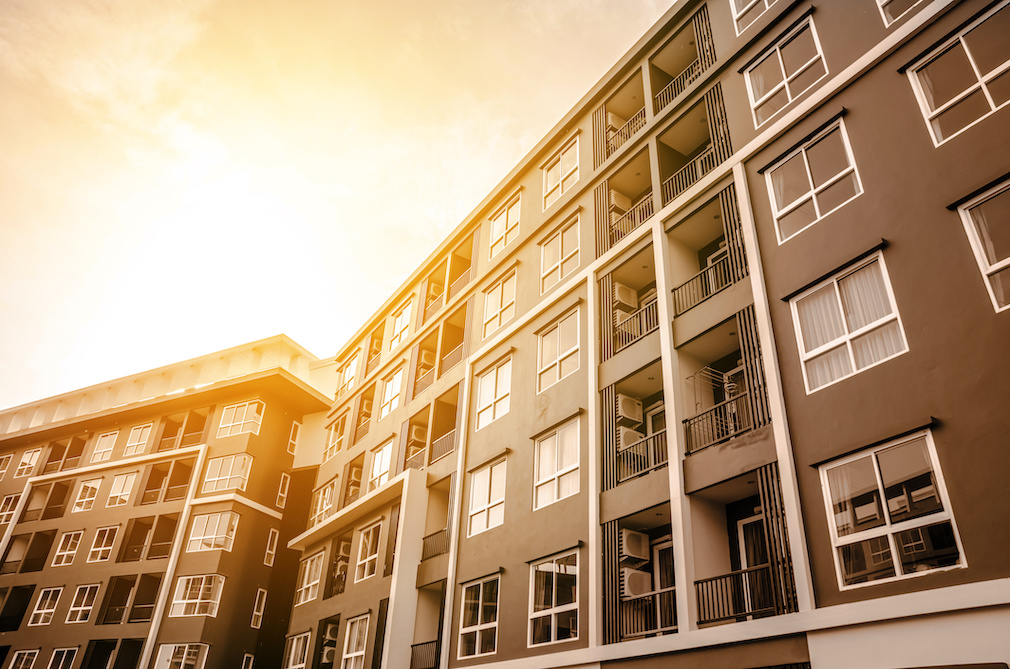Despite a prolonged multifamily growth schedule, there is still room for rent prices to go up, according to Yardi Matrix. A healthy job market means that economic growth will remain moderate, so rent gains should remain healthy in most metros.
Nationally, rent growth only dipped below the 2.5% long-term average early in the cycle. The report attributes the growing rent prices to a high occupancy rate and growing wages.
Construction workers needed
More than 1.5 million units have been delivered over the last five years, with an expectation of 300,000 units to be delivered in 2020.
Deliveries have slowed recently due to the labor shortage, slowing down housing and multifamily starts in 2019. However, Yardi Matrix says there is a growing supply of apartments in tech-heavy centers like Seattle, Denver, Raleigh and Nashville.
And across the nation, when new multifamily is built, it’s not staying empty long. Yardi Matrix says absorption remains robust in most markets, and the latest national occupancy rate of stabilized properties is near 95%. Rent growth is slowing in some markets as new supply gets digested.
Phoenix leads the nation in rent growth…still
Speaking of rent gains, after a steady 2019, the market is set up for similar growth in 2020. In 2019, rent gains did not go below 3%.
Yardi Matrix expects rent gains this year to average 2.7% nationally, and metros in the Southwest and Southeast to grow the quickest.
Phoenix has led the U.S. in rent gains for the last 18 months, at 7.7%. Las Vegas gained 5.4%. Yardi Matrix expects growth in Las Vegas to grow at the same level in 2020, 5.4%. Growth in Phoenix is expected to be 3.7%.







